- Asia
- Tourism/bali
- Bali's Cultural : Dive Into Tradition And Heritage
Bali's Cultural : Dive into Tradition and Heritage
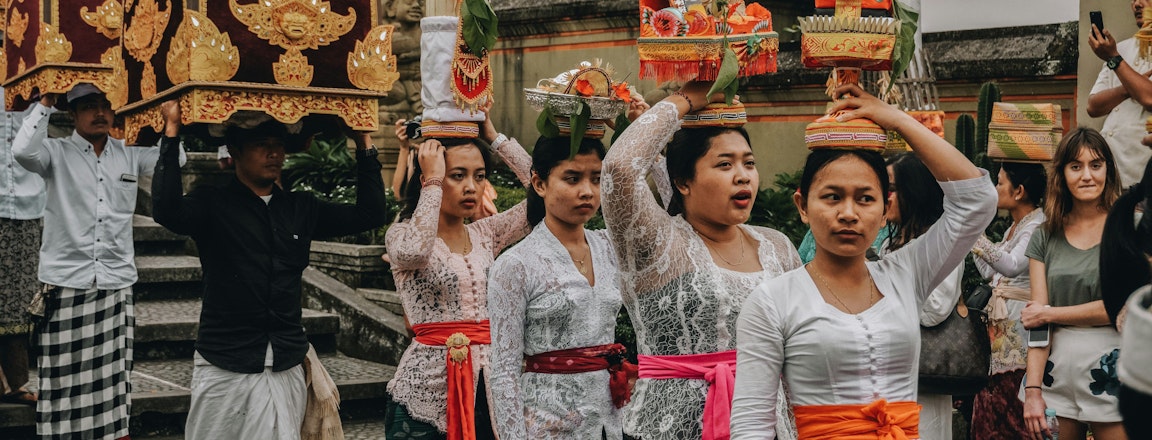
Bali is a tropical haven known for its enchanting landscape, picturesque beaches, and vibrant ecosystem. A visit to this Indonesian island offers you an immersive experience of a unique culture of Bali that permeates all aspects of life on the island. Here is an overview of the beautiful and diverse culture of Bali, looking at its history, art and architecture, rituals, and daily life. These things will help you book your Bali tour package better.
Exploring the Essence: Balinese Culture, History, and Traditions
1. History and Influences in Bali’s Land
2. Art and Architecture of Bali
3. Festivals, Rituals, and Ceremonies in Bali
4. Daily Life and Customs in Bali
5. Languages in Bali
6. Cuisine in Bali’s Culture
7. Religion in Bali
8. How to Respect Bali's Unique Culture as a Tourist
9. Highlights of Balinese Culture
10. FAQs on Balinese Culture
1. History and Influences in Bali’s Land
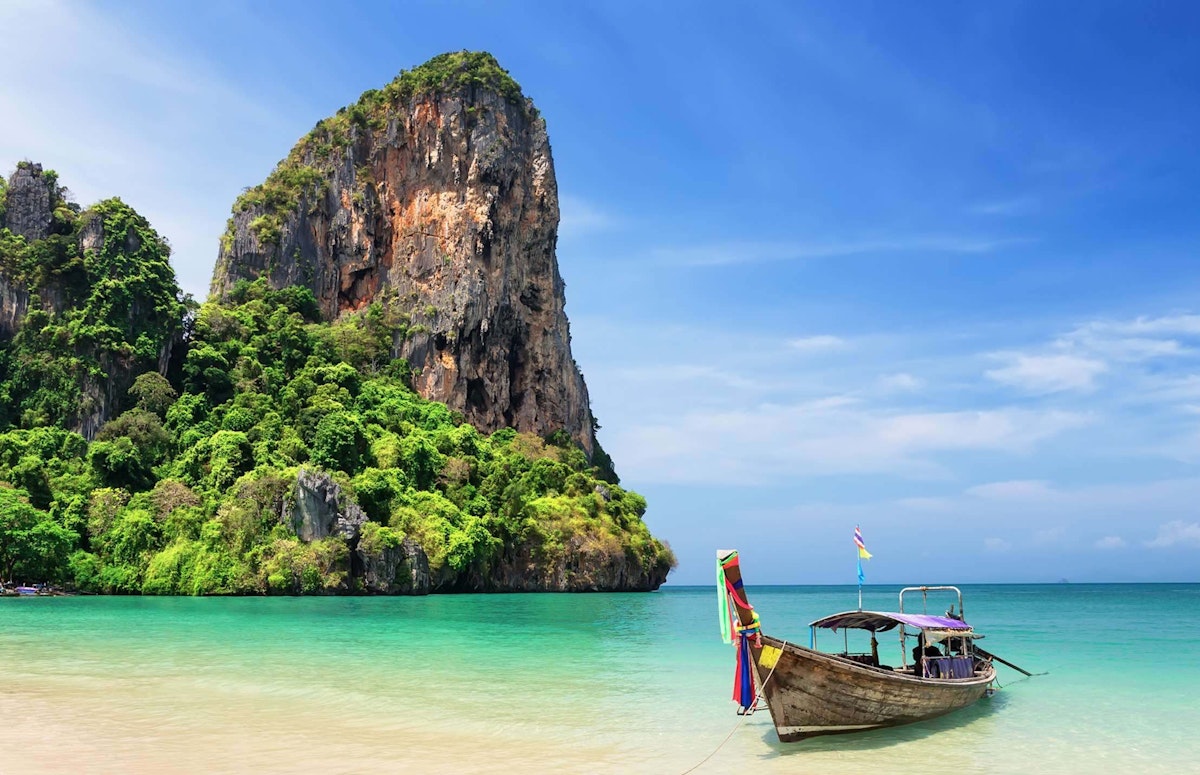
The culture of Bali is a complex blend of various elements due to different historical influences. The island has seen Hindu influences from India dating back to the 9th century, followed by Islamic expansion in Southeast Asia around the 13th century. However, the Balinese people managed to retain their own distinct cultural identity while integrating these foreign elements. Additionally, Dutch colonial rule from 1906 to 1945 brought Western influence in many aspects of Balinese culture.
2. Art and Architecture of Bali
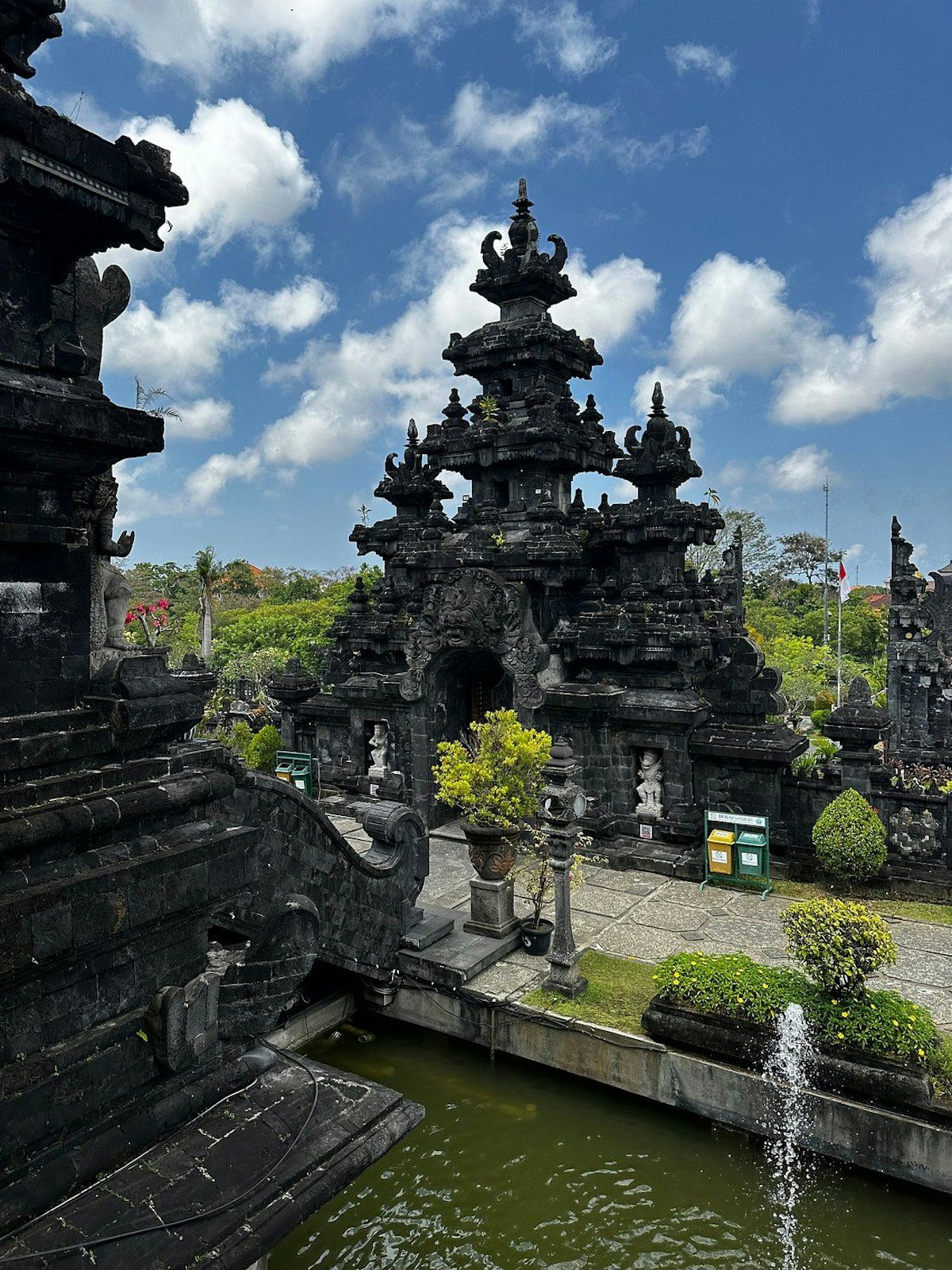
One of the most striking aspects of Balinese culture is its emphasis on art and architecture. The island is adorned with countless intricately designed temples, like Uluwatu Temple and Besakih Temple, exhibiting centuries-old architectural styles. The famous Balinese gateways are not only architecturally stunning but also hold deep symbolic significance.
In addition to architecture, Bali’s artistic scene is also very diverse and fascinating. Balinese painting draws inspiration from both Hindu-Buddhist epics as well as local folklore and legends. Traditional dance performances such as Legong, Kecak, and Barong are also integral to their cultural heritage.
3. Festivals, Rituals, and Ceremonies in Bali
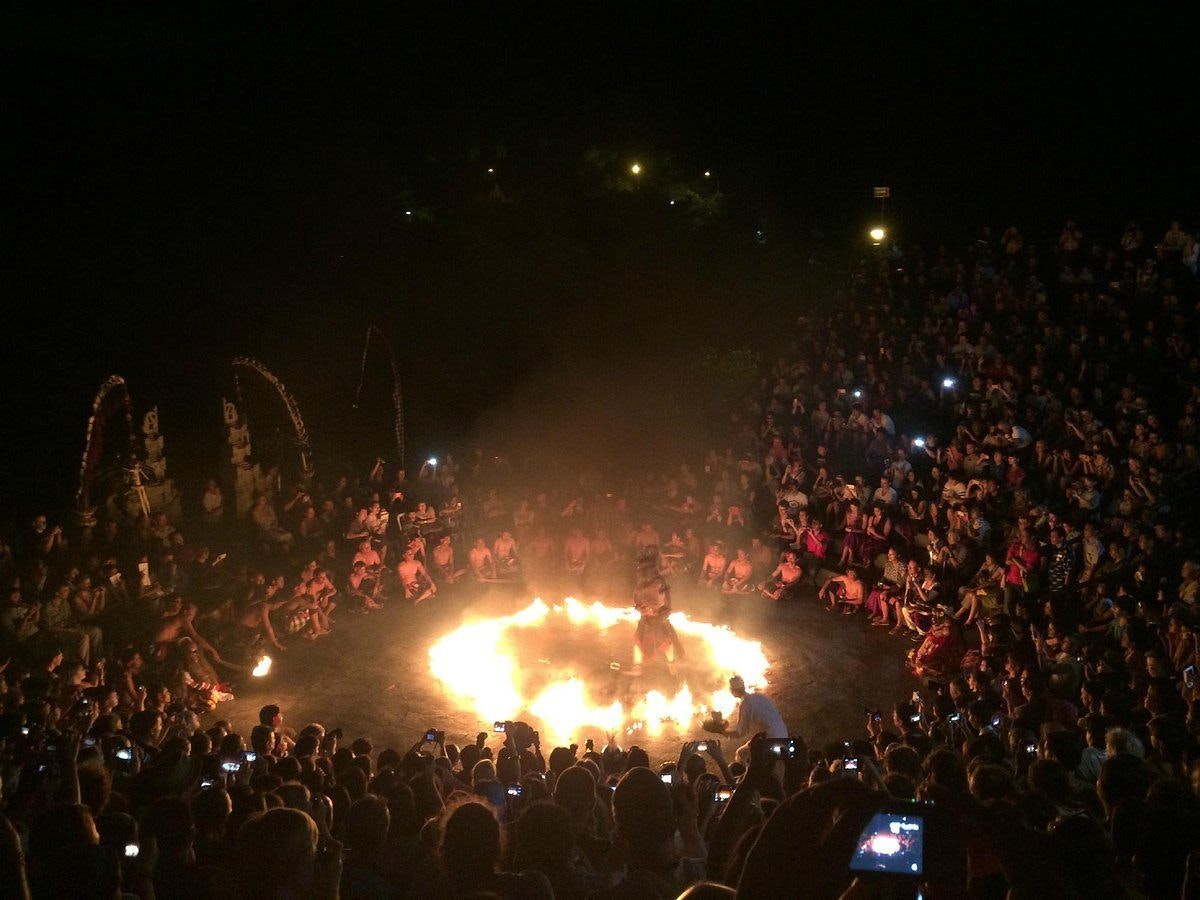
Throughout the year, Bali's calendar is filled with numerous ceremonies and festivals. These celebrations indicate their vibrant religious beliefs and strong spiritual connection with nature. Two widely celebrated ceremonies include Galungan and Kuningan, which mark occasions when ancestral spirits return to their earthly homes for festivities.
Nyepi, the Balinese Day of Silence, is another unique cultural event where people observe silence, fasting, and meditation for a day. This ritual demonstrates the importance of self-reflection and introspection in Bali's culture.
4. Daily Life and Customs in Bali
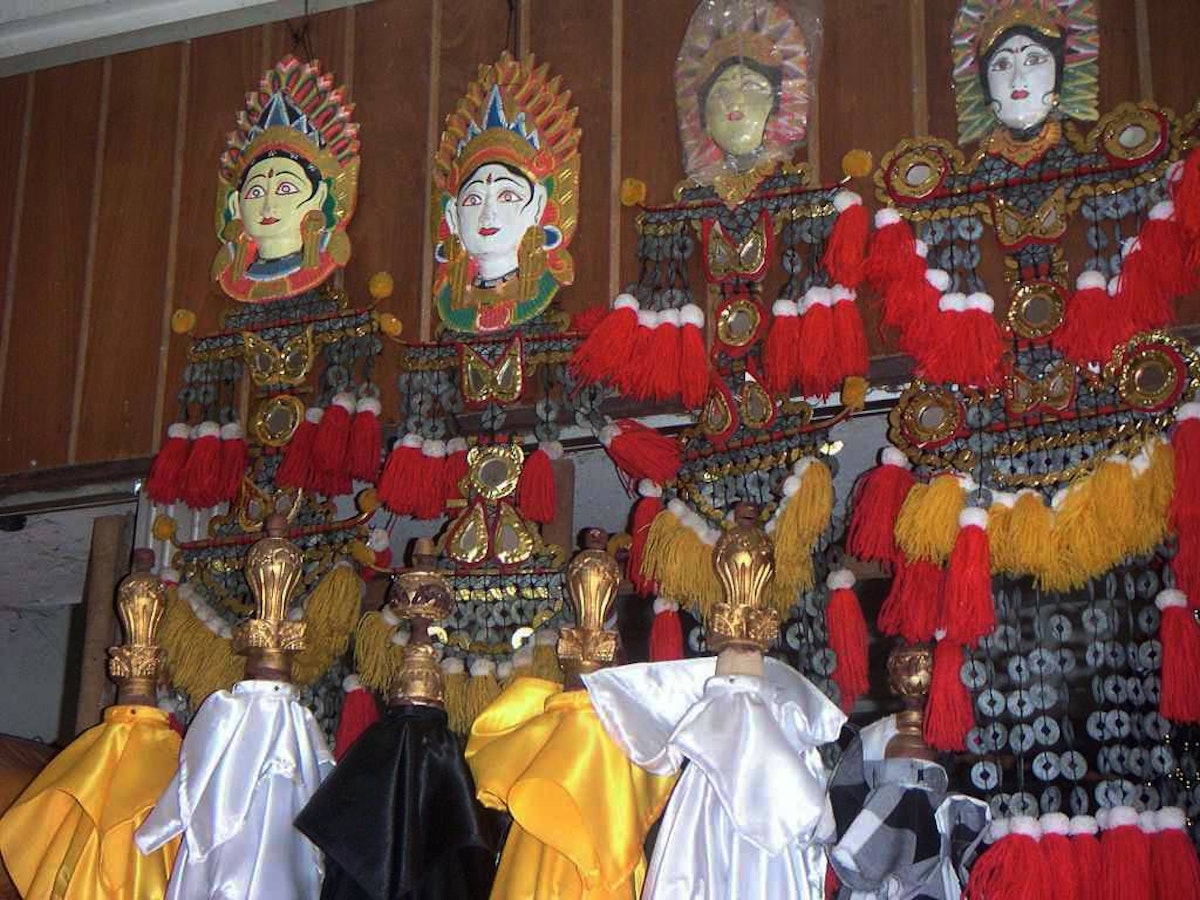
The culture of Bali is not only confined to rituals and celebrations but permeates daily life as well. From the traditional attire worn by locals, such as sarongs and kebayas, to their iconic offering baskets called canang sari, placed on streets, outside businesses, and in family compounds as a symbol of gratitude, every element in Bali reveals its rich culture.
Family is central to Balinese society, and people often live within extended family compounds that provide both physical support and community. Furthermore, agriculture (especially rice cultivation) holds great importance in Bali's economy as well as its cultural fabric.
5. Languages in Bali

Bali is a multicultural and multilingual island with a diverse population. The Balinese language is the most commonly spoken language on the island. However, Indonesian is the official language of Bali and the rest of Indonesia. Many Balinese people also speak English, especially in tourist areas. Additionally, there are other regional languages spoken on the island, such as Javanese and Sasak, among others.
6. Cuisine in Bali’s Culture

Bali is famous for its delicious and unique cuisine, which combines local ingredients with spices and flavours from India and China. Balinese cuisine includes a variety of dishes, such as Nasi Goreng, Satay, and Babi Guling. Vegetarian and vegan options are also widely available, and many restaurants and street vendors offer affordable and tasty meals.
7. Religion in Bali
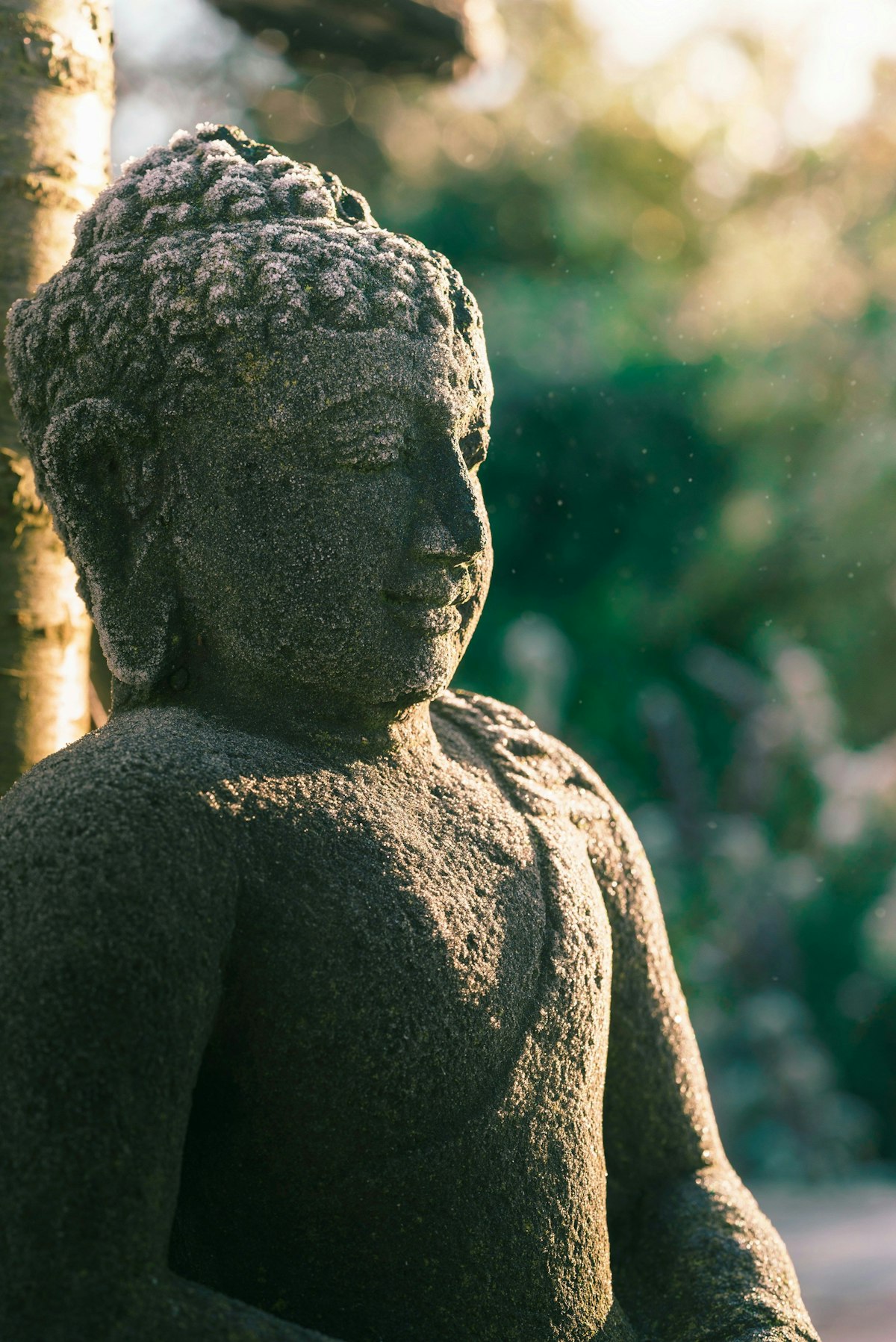
Bali is known for its rich cultural and religious heritage. The majority of Balinese people practice Balinese Hinduism, a unique blend of Hinduism, Buddhism, and animism. Balinese Hinduism is characterized by colourful rituals, ceremonies, and offerings and is an integral part of daily life on the island. Other religions, such as Islam, Christianity, and Buddhism, are also present in Bali and coexist peacefully with Balinese Hinduism.
8. How to Respect Bali's Unique Culture as a Tourist
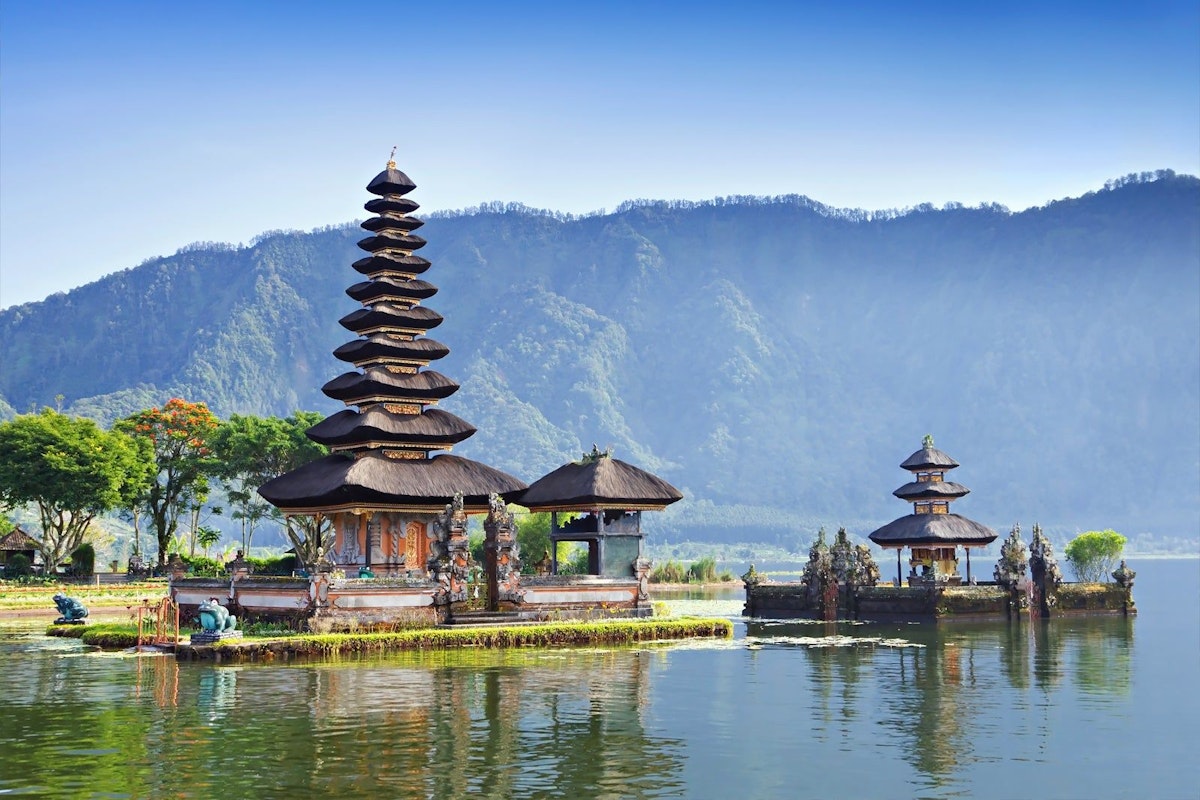
Bali is a culturally rich destination that draws visitors from all around the world. As a traveler, it's important to be mindful of the local customs and traditions and to show respect for the Balinese culture. Here are a few tips on how tourists can demonstrate cultural sensitivity while visiting Bali:
1. Dress appropriately: When visiting temples or other sacred sites, it's important to dress modestly. This means covering your shoulders and knees and avoiding revealing clothing. It's also a good idea to wear a sarong or sash, which can be rented or purchased at most temples.
2. Follow local customs: Balinese people are known for their friendly and welcoming nature, and tourists should reciprocate by showing respect for local customs and traditions. For example, when entering a home or temple, it's customary to remove your shoes.
3. Be mindful of your behaviour: Loud or disruptive behavior can be seen as disrespectful, so it's important to be mindful of your behaviour in public spaces. This includes refraining from public displays of affection, which are not common in Balinese culture.
4. Ask for permission before taking photos: Balinese people are generally friendly and open to having their photos taken, but it's still important to ask for permission before doing so. This is particularly important in sacred spaces or during ceremonies.
9. Highlights of Balinese Culture
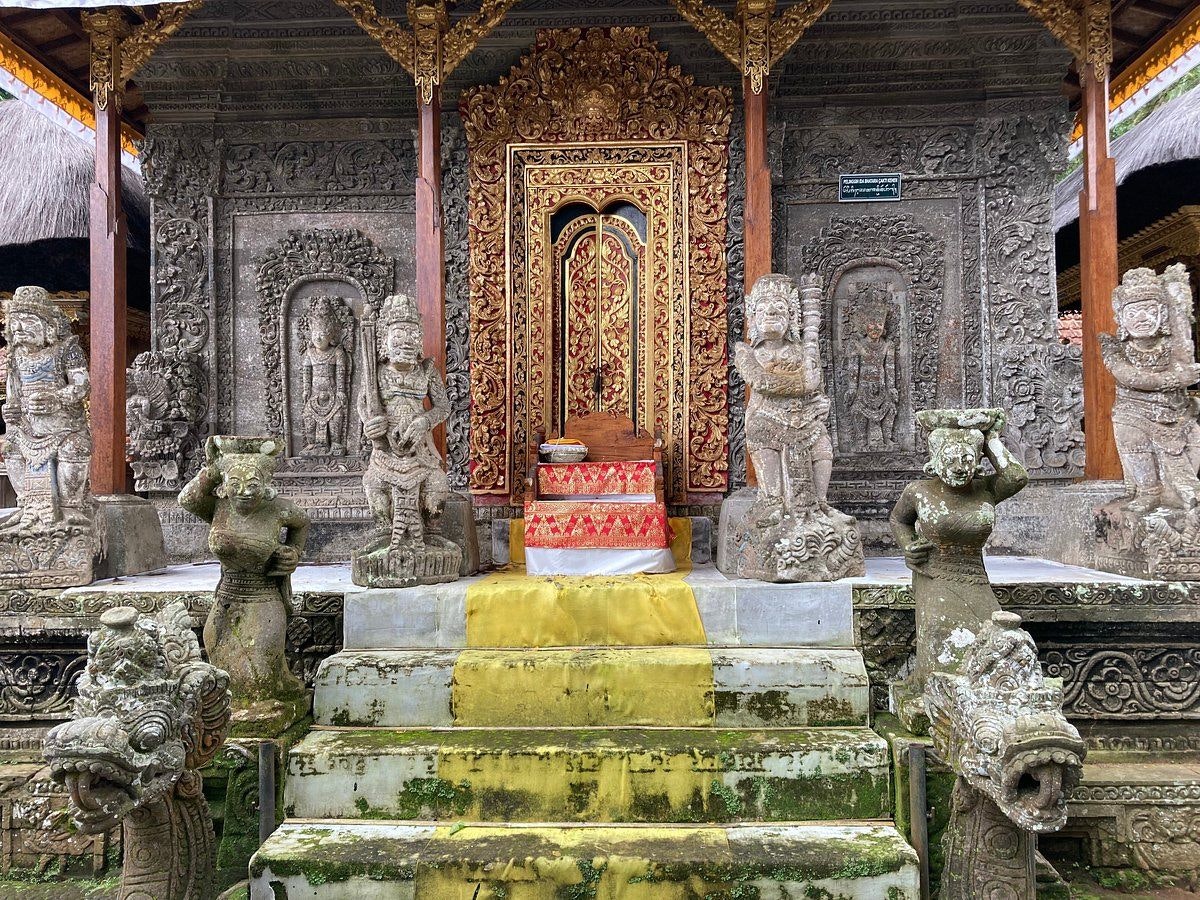
- Nyepi, Day of Silence: Nyepi, the Balinese New Year, is marked by a day of complete silence, fasting, and self-reflection, preceded by vibrant processions, including the famous Ogoh-Ogoh parade.
- Subak Irrigation System: Bali's traditional subak system, a UNESCO World Heritage Site, showcases sustainable rice cultivation and aligns with the philosophy of harmony with God, people, and nature.
- Barong and Rangda Myth: The Barong dance depicts the eternal battle between Barong, a benevolent creature, and Rangda, an evil witch, symbolizing the perpetual struggle between good and evil.
- Architectural Elegance: Traditional Balinese architecture is marked by intricate carvings, stone structures, and pagoda-like designs, embodying cultural and spiritual values.
- Wayang Kulit Puppetry: Intricately carved leather puppets cast shadows on a screen in Wayang Kulit, telling stories from Hindu epics and blending entertainment with spirituality.
- Gamelan Music: The traditional ensemble music of Bali, gamelan, is a symphony of percussion instruments, creating intricate rhythms and melodies for various cultural events.
These are only a few glimpses of Bali's rich cultural tapestry, as many more extraordinary traditions and practices contribute to the island's vibrant and diverse heritage.
By showing respect for Bali's unique culture, tourists can help preserve the island's rich heritage for future generations.
The beauty of Bali goes beyond its natural landscapes. Bali's vibrant culture has developed resilience against various historical influences while maintaining its distinct identity. From captivating art forms to deeply rooted spiritual practices, a visit to Bali will undoubtedly leave you with.
Bali's culture has been influenced by Hinduism from India since the 9th century, followed by Islamic expansion in the 13th century, and later, Dutch colonial rule from 1906 to 1945.
Balinese celebrations, such as Galungan, Kuningan, and Nyepi, involve vibrant processions, traditional dances, and rituals, showcasing a deep connection to religious beliefs and nature.
Traditional Balinese architecture, seen in temples and palaces, is characterized by intricate carvings, stone structures, and pagoda-like designs, serving as visual expressions of cultural and spiritual identity.
Tourists can demonstrate respect by dressing modestly at sacred sites, following local customs like shoe removal, being mindful of behavior in public spaces, and asking for permission before taking photos.
Update your location?



